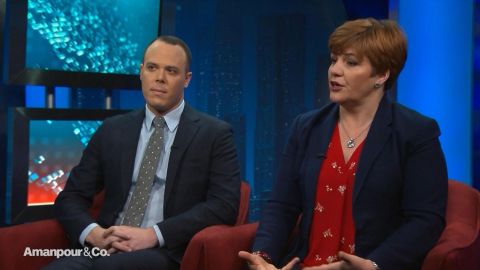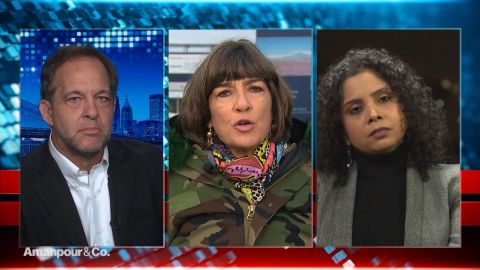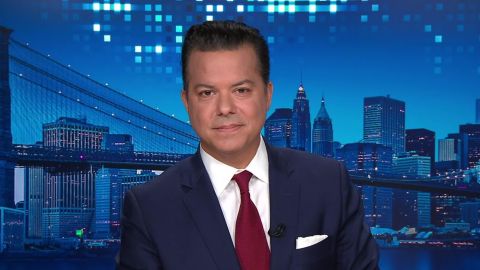Read Transcript EXPAND
CHRISTIANE AMANPOUR: Here you are at this incredibly important climate summit. The administration, the White House, is not here. You’re here. Some would say this is a little bit counterintuitive, because you’ve also declared for president. You’re a late comer to the race. You’ve got to catch up. Why was it important to come here?
MICHAEL BLOOMBERG (D), PRESIDENTIAL CANDIDATE: I’m not a late comer to this. I’ve been doing this for a very large (ph) number of years. We’ve put a billion dollars of my money into working on climate change. We have gone all around the world to speak. We’ve lined up foreign leaders and rallies and got everybody to make some progress. We’re not where we have to be, but made it for a long time. The running for president came afterwards, not before.
AMANPOUR: Do you think, interestingly, right now, that climate could be an election issue particularly amongst the young? We see in many areas that the environment is overtaking migration, immigration.
BLOOMBERG: Right. Two things. Number one, I think the statistics say you’re right, that particularly young people care. And number two, it certainly should be at the top of everybody’s list. Climate change has the potential to destroy our planet as we know it. I hope it doesn’t happen. It certainly is — probably is not going to happen in my lifetime, but we can go along ways. Just look every day, you see forest fires, you see floods, you see droughts, you see things that we never had before. Talk to farmers, they’re growing different crops in different places at different times of the year. This is really serious stuff. And it shouldn’t be a campaign issue. You would think that everybody who wants to lead the country or work in the Senate or wherever it is, would have taken on this issue for a long time, been out there, studying the issue, rallying people, because it’s something that we’ve made some progress on, but have a long, long ways to go. And it’s an international problem as well as a domestic one. So, you really
need a lot of international experience.
AMANPOUR: Is that why Mike Bloomberg wants to be president? I ask you this because given your commitment to this, as you rightly point out, in March you basically said, the choice before me has become clear. Should I devote the next two years to talking about my ideas and record knowing that I might never win the Democratic nomination or should I spend the next two years doubling down on the work that I’m already leading and funding and that I know I can produce real and beneficial results for the country right now? I’ve come to realize that I’m less interested in talking than doing.
BLOOMBERG: Yes. And what’s changed is, over the last three months, I watched and I saw Donald Trump getting stronger and his potential opponents not exactly strengthening their positions and looking to me like they were — they would be able to beat Donald Trump.
About This Episode EXPAND
Michael Bloomberg sits down with Christiane Amanpour to discuss his run for president. John Avlon assesses the state of the presidential race. Dexter Filkins and Rana Ayyub give firsthand accounts of the situation in Kashmir. Christine Quinn and Daniel Russo join Hari Sreenivasan to discuss the effect of homelessness on students in New York City public schools.
LEARN MORE



